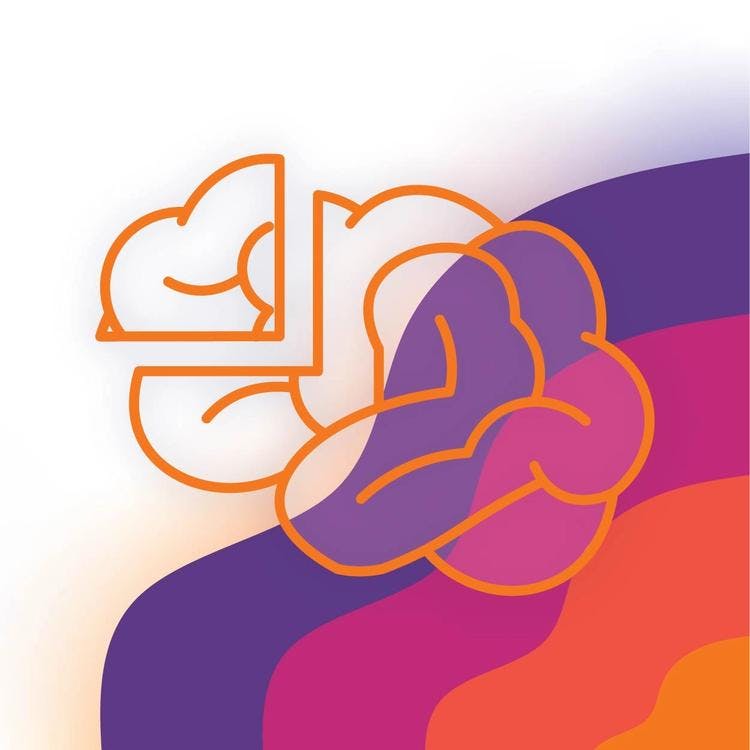What is Dementia?
Dementia is a broad term to describe a disease where a person suffers a decline in performance of cognition. By a decline in cognition, any of the following:
- attention
- memory
- self-control
- flexible thinking
- learning
- language
- the ability to interact and move within an environment
- social functioning
This decline in cognitive functioning can be picked up by people close to the person or by tests that the doctor can perform. A person suffering from dementia may eventually struggle to take care of themselves and may need someone to look after them.
Dementia is sometimes also referred to as “Neurocognitive Disorder”.
Causes of Dementia
There are many potential causes of Dementia or Neurocognitive Disorder. Here are a couple of, but not all, causes with some explanations of how they cause dementia.
Alzheimer’s Disease
People with this disease have a build-up of a certain protein in their brain that causes the functioning to be impaired.
Vascular Disease
Here, the blood vessels can’t supply the brain well and therefore cause a decrease in functioning. This can happen naturally with age, or it can be due to things that harm the blood vessels, like smoking.
Traumatic Brain Disease
Brain injury, like a car crash or repetitive head injuries (like with certain sports) can cause dementia later in life.
Substance use
Using drugs or drinking alcohol increases your chance of developing dementia.
Uncontrolled HIV infection
If HIV infection is not properly controlled with medication, dementia can occur.
Living with Dementia
Dementia is in most cases not reversible. But it depends on the cause and if the cause can be stopped or reversed. A person suffering from dementia may eventually struggle to take care of themselves and may need someone to look after them.
Dementia can take a great toll on the lives of those affected as well as their family and support network.
Because the elderly are at greatest risk of developing dementia, it is important to care for them. If you think an elder in your family has dementia, make sure that they are being seen often by a family member, and take them to be seen by a doctor if you are worried about their health or change in behaviour.

